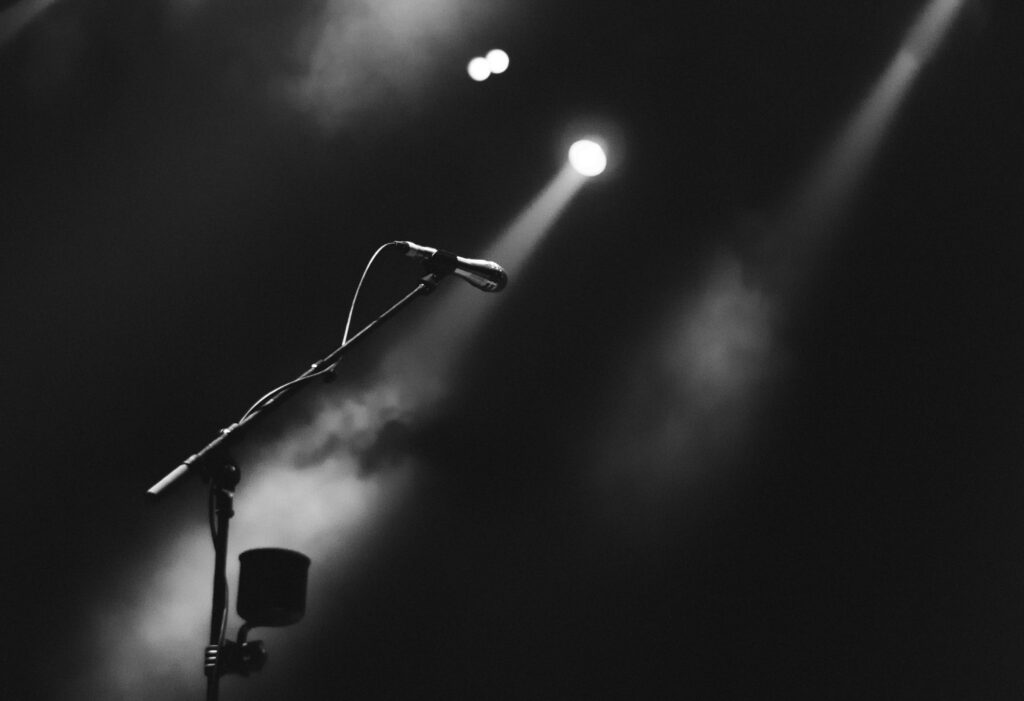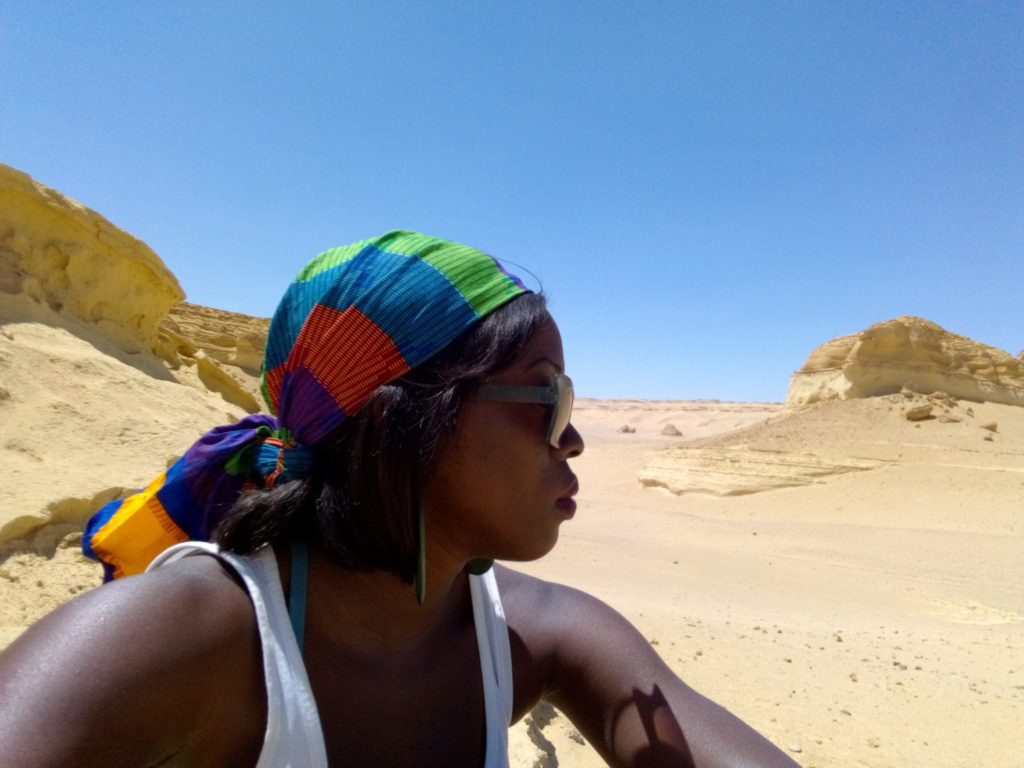When I recently came across Ibram X. Kendi’s feature article in the February issue of Time magazine, I knew immediately that I had to find a hard copy. I anticipated that the search for an English publication, in French Speaking Switzerland, during the ongoing coronavirus nationwide lockdown, would be difficult. I am so happy that it wasn’t. For this closet creative, Kendi’s essay was a perfectly-timed reminder that Black activism and the commitment to social justice can find its expression through a myriad of meaningful avenues, including the arts.
As I begin to lean into my creativity, relegated to the sidelines for years as I pursued a profession in international affairs, I have been reading and rereading the articles in the February issue, reveling in the recognition of the new “Black Renaissance”. Kendi’s feature article in particular has shaken me to my core. In very plain but powerful language he presented ideas about race and identity I have been grappling with for so long; a desire to occupy and move through spaces where the multifaceted nature of who I am needed no explanation or justification. A desire to just be me – colorful, critically conscious, complex.
His portrayal of Black artists, unapologetically “creating their immensity” bolstered my own desire to do just that. His writing has encouraged me to embrace my passion for the arts, for public policy and my commitment to social change. Maybe they need not be kept separate.
As I continue to work on erasing my doubts about the kind of impact I can command as a creative, Kendi’s expert exploration of the link between art and activism has helped me to see that it is certainly possible. Highlighting the works of black creators – from the singer Beyoncé to the painter Awol Erizku, who photographed Amanda Gorman for the cover of the magazine – Kendi reminded me of the important role black creators have played throughout history, using art as a vehicle to fight for racial justice and equality. His essay – which at times doubles as a review of some of the most impressive works of this new era – illustrated how the most recent generation of black creators have helped to propel the Black Live Matters Movement from a social media hashtag to a global social phenomenon. These creators have expertly used their artistry to assert that black lives matter, and more specifically, that black experiences have meaning, depth and value beyond the “white gaze”.
Kendi’s connection between art and activism has been a refreshing and timely reminder that art is not just a feel-good profession, but also a powerful medium to further social change.
Though music, poetry and performance have always been an integral part of my life, I am embarrassed to admit that I am only now awakening to the power and influence creatives command as change makers. This awakening has been deeply personal. Even though I dedicated a significant part of my childhood and adolescence to the performing arts – appearing on some big stages around the world at a young age – I decided early on that my impact would come through academia and policy. I believed that would be the more secure, dignified route. The performing and visual arts were for dreamers, I wanted to be a doer.
Up until a recent stint abroad in West Africa, I always kept my passion for the performing arts separate from my personal and professional desire to have a positive impact in the world. In Benin, these two worlds finally collided when I spearheaded an artistic project, providing musical and entrepreneurial training to fourteen aspiring female musicians. Writing the project proposal, I recognized early on the powerful message the project would send to other Beninese women and the society at large about women’s creative and economic potential. In my role as the project lead, I hid my past experiences as a performer, focusing instead on my “concrete” project management skills. But the project proved to be that creative itch I needed to scratch after years of inactivity. It allowed me to tap into my creativity in new ways, most notably, through the communication visuals I curated to showcase the project’s activities and achievements.
As the project progressed and I witnessed the transformation of the participants – young women bravely taking the stage to sing and play instruments for the first time in their lives– I was also unwittingly changed. For the first time in my life I began to see the ways in which my creativity could contribute to social change. I didn’t realize it then, but this experience would initiate a desire to reconsider my career goals. The years I had spent struggling to gain a seat at the table in powerful institutions, where I believed the most impactful decisions that shaped the world were made, had left me exasperated and exhausted. I felt undervalued and desired more.
In the throes of a recovery from what I now recognize as a career burn-out, I am on a new quest to find complementarity between two aspects of my identity that I have always kept a part – public policy thinker and creative. Approaching my mid-thirties, I am well aware that the possibilities of becoming the next big R&B songstress is slim to none. But embracing my creativity, has allowed me to become more cognizant of the ways in which it has shaped other aspects of my identity. This awakening has led me to make a greater commitment to my personal writing, which also fell by the wayside as I prioritized the pursuit of a career in international affairs. I realize that now more than ever my story matters and that my writing is a form of resistance – it is my activism.
It has been difficult finding my voice in this new space, but I feel emboldened by Kendi’s essay, reminding established and aspiring leaders, activists, change-makers and dreamers of the power that lies in our creativity.





